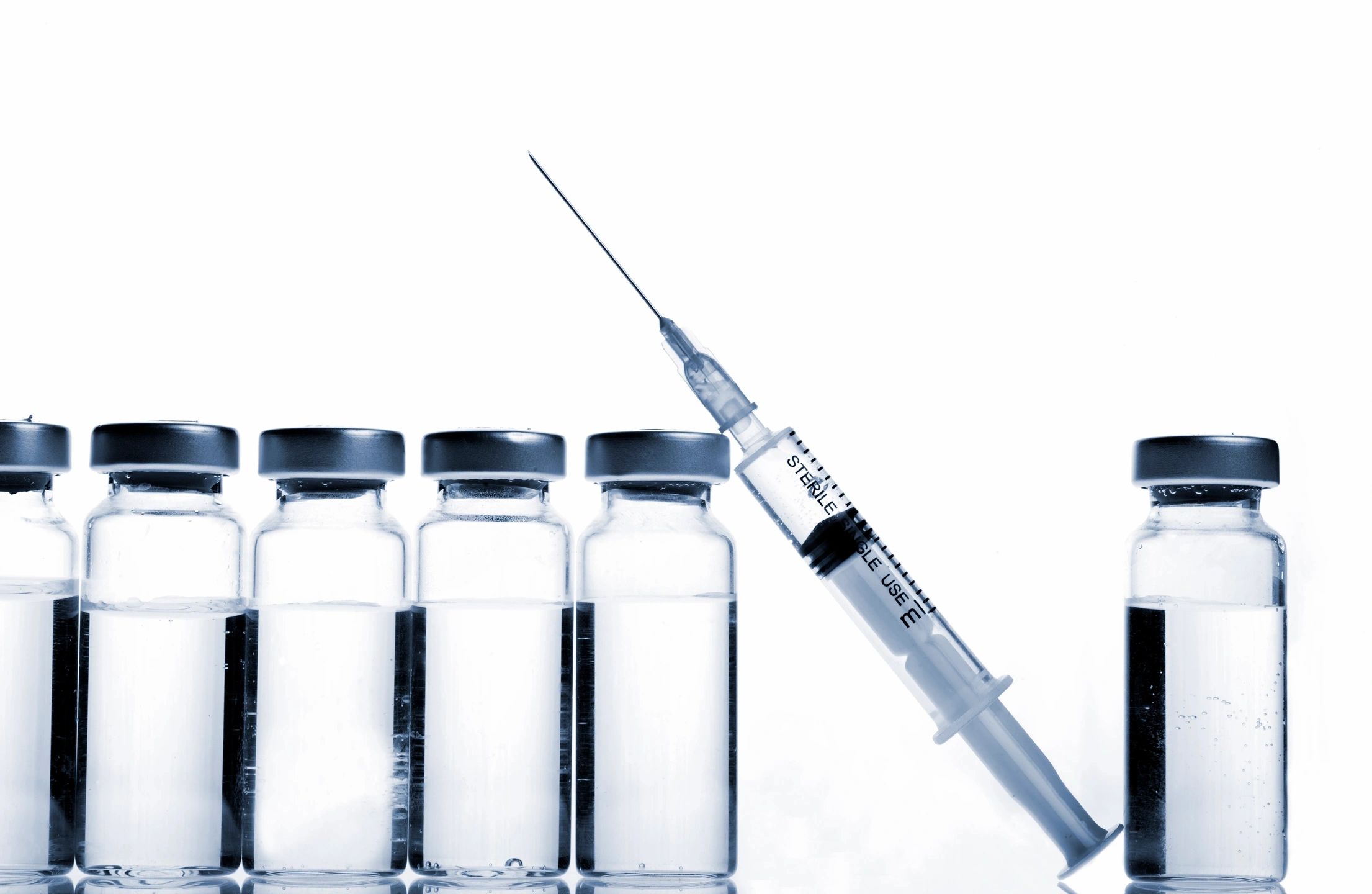Alcohol Detox: What You Need to Know for Recovery
Understanding the process of alcohol detoxification and the challenges that come with addiction recovery is essential for those seeking to overcome their dependency on alcohol. This comprehensive guide will provide you with an in-depth look at the detox process,...
What types of therapies do luxury treatment centers offer?
Explore evidence-based, holistic, and experiential therapies offered by luxury treatment centers, including aftercare planning and family-focused approaches for lasting recovery.
What are the barriers and challenges in drug recovery?
Drug recovery is often hindered by a variety of internal and external constraints. Internally, cognitive development and false beliefs about drugs can play a significant role in an individual’s ability to overcome addiction. Additionally, low self-esteem and self-efficacy can...
What Sets Luxury Addiction Treatment Centers Apart?
Luxury addiction treatment centers are defined by their superior level of service, focusing on privacy, exclusivity, and a range of high-end amenities. Unlike standard rehabilitation facilities, these centers offer a serene and secluded environment, enabling individuals to recover in...
Using Somatic Therapies in Luxury Treatment
What Are Somatic Therapies and How Are They Used in Luxury Treatment? Somatic therapies are body-centered approaches that focus on the connection between physical sensations and emotional well-being. These therapies are particularly effective in addressing trauma, addiction, and co-occurring...
New Psychoactive Stubstances
New psychoactive substances (NPS) are substances of abuse, either in pure form or a preparation, which are not controlled by international drug conventions, but which may pose a public health threat. KNOWLEDGE is vital to recognition and care of...
The Legendary Clinical Program at Carrara
Carrara’s Clinical Program Designed with evidence based comprehensive treatments to help individuals overcome addiction and achieve holistic wellness. We use a variety of evidence-based therapies such as CBT, DBT, Motivational Interviewing, Interpersonal Psychology, and Family Therapy. In addition to...
Nourishing Recovery: The Role of Juice and Smoothie Bars in Holistic Healing
What is the role of juice and smoothie bars in holistic healing during addiction recovery? Juice and smoothie bars serve as vital components in holistic healing, particularly in the context of addiction recovery. These establishments provide not only delicious...
Exploring Medication-Assisted Treatment (MAT) for Substance Use Disorders
It’s been six years since the U.S. Department of Health and Human Services declared opioid misuse a national epidemic. Over a decade has passed since opiates were prescribed freely with little consideration for their addictive potential. Despite the passage...
Strategies to Quit Alcohol Abuse
The statistics are alarming.: In 2022, 10.5% of people aged 12 and older, or 29.5 million people, had Alcohol Use Disorder (AUD) in the past year. This includes 28.8 million adults aged 18 and older, 17.4 million males, and...













